
This site has lots and lots of links to writing tips. It also has a high quality blog that you'll want to bookmark.
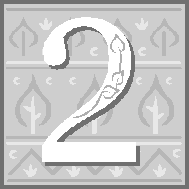
To keep up with a certain topic in the news (or to monitor when you or your book is mentioned online), try Talkwalker. This program allows you to set up multiple free alerts and the results are then emailed to you automatically. (Google Alerts works in the same way, but I’ve noticed they often produce different results.)
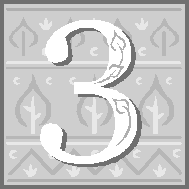
This is more of a psychology blog than something geared specifically to writers, but I love so many of the well-researched posts that I had to include it. For example, check out this article about fixed vs. growth mindset and this one about the benefits of writing.
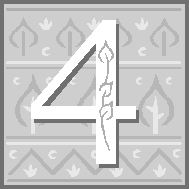
It may be too much to read through these hacks all at once, but I guarantee you will find at least a few useful ideas or reminders about how you can improve your productivity.
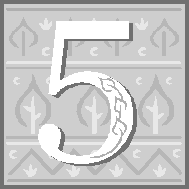
I had bookmarked this post from YA author Natalie Whipple some time ago, and I still find it interesting to read about (and identify with) her regrets on the road to publication. Querying too soon (for an earlier novel) is one of mine. Do you have any writing-related regrets?
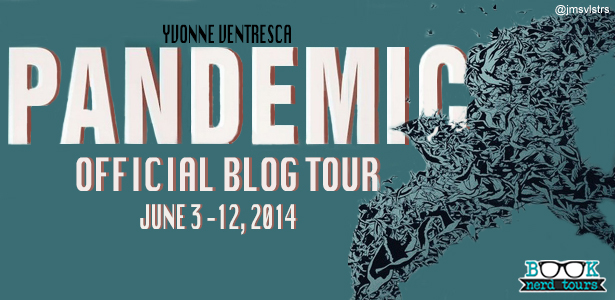


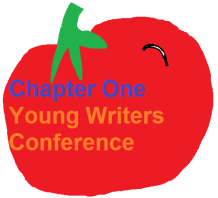














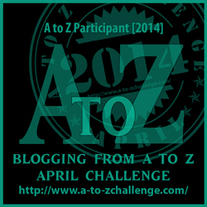
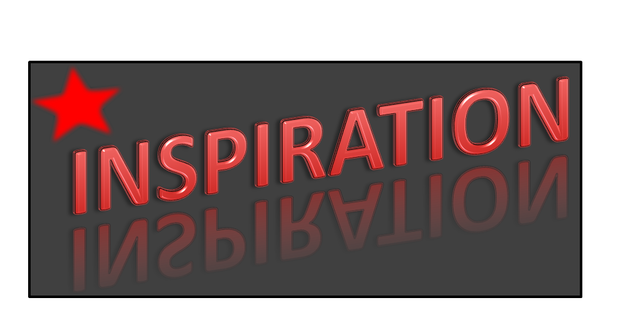

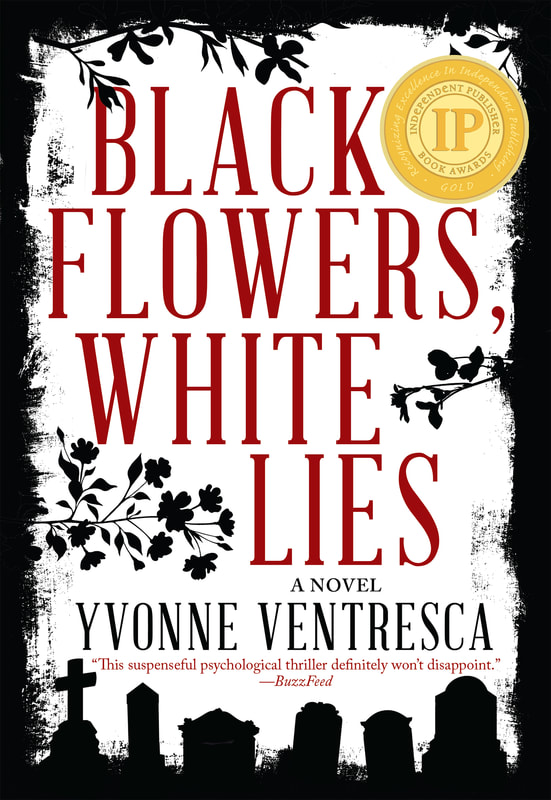
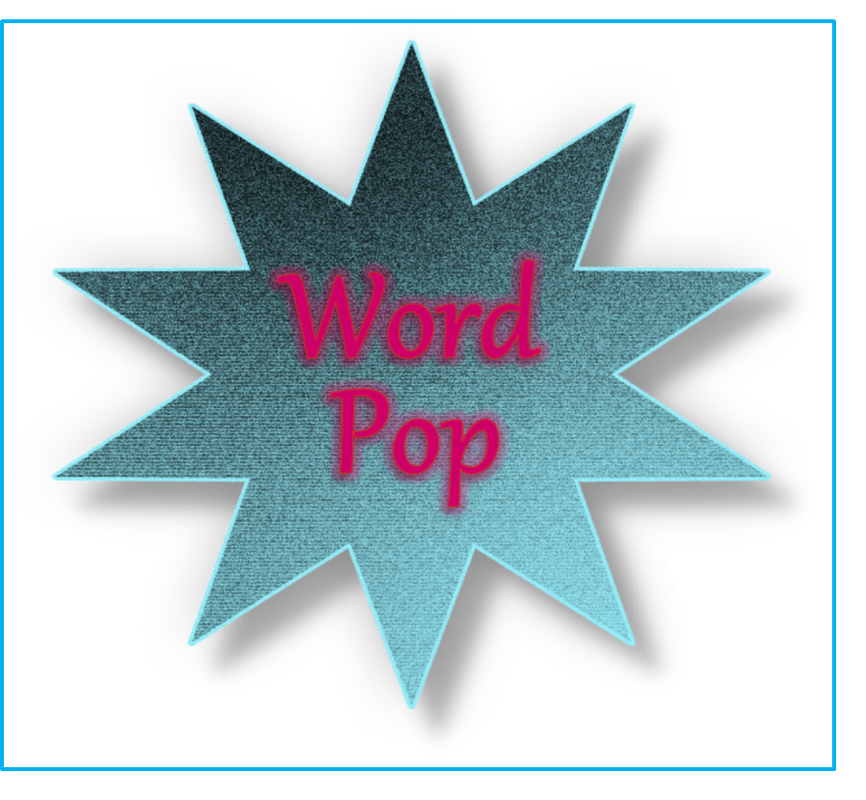
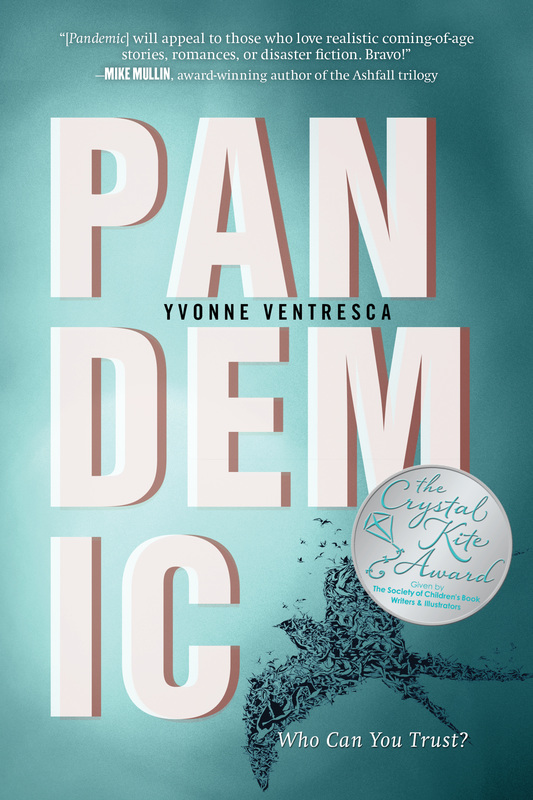
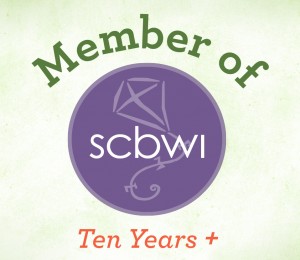

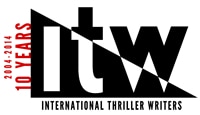
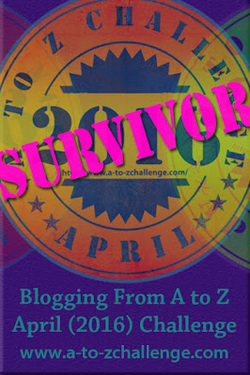
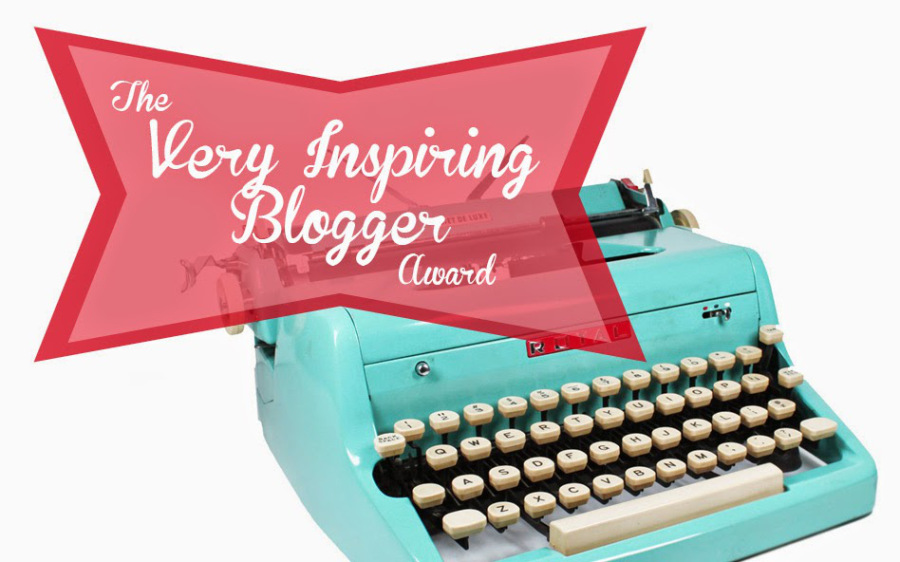
 RSS Feed
RSS Feed